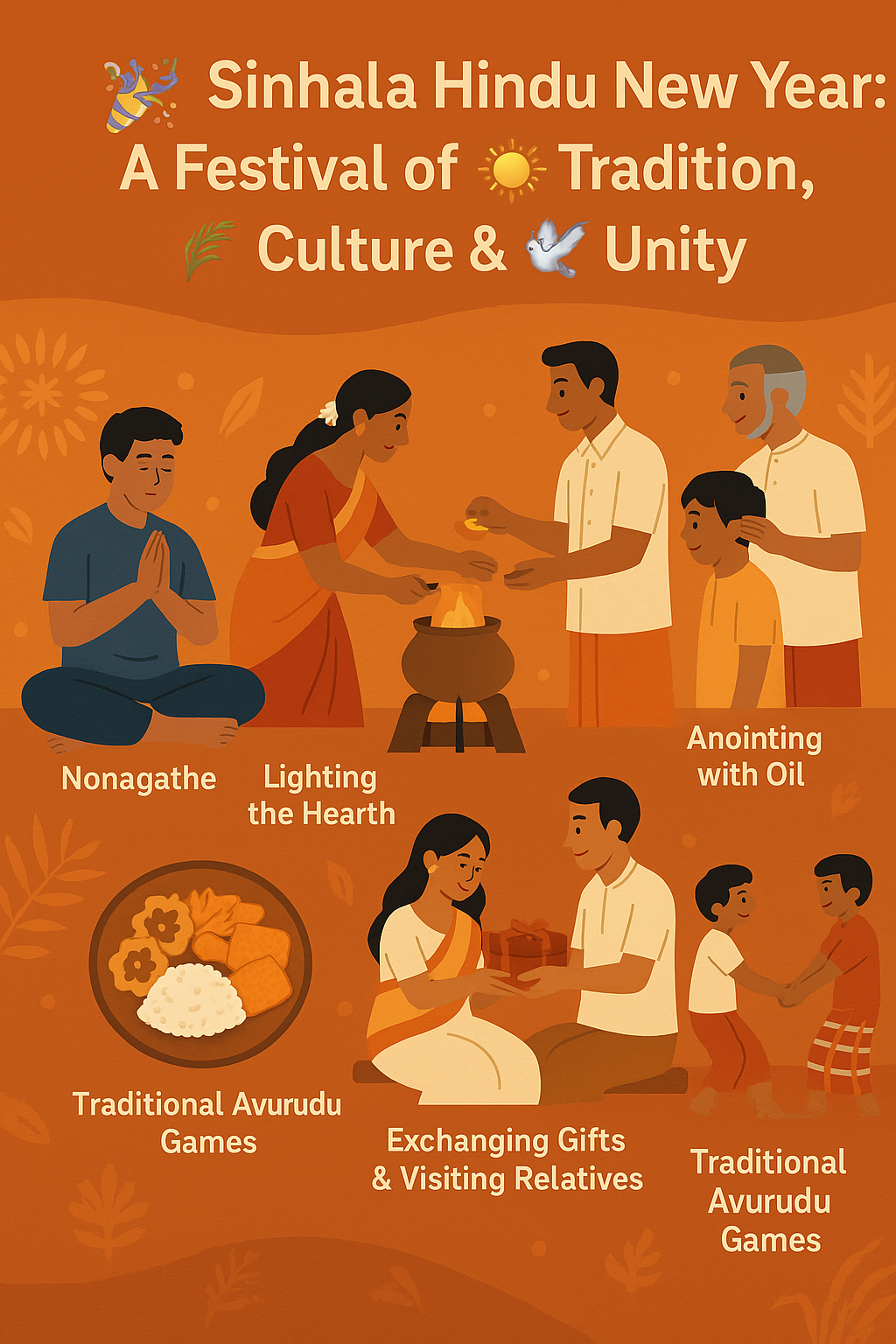If you are looking for a unique experience in Sri Lanka, the Pekoe Trail is the answer because it is quickly emerging as one of the country's best-kept secrets. The 300km hiking trail winding through the heart of the island’s famed tea country offers stunning landscapes, cultural immersion, and a peaceful escape from the usual tourist spots.
What Is the
Pekoe Trail?
It is a 300-kilometer (186-mile) hiking route
that traverses Sri Lanka's central highlands. Named after the "pekoe"
grade of tea and this trail connects the historic tea plantations of Kandy,
Nuwara Eliya, Hatton, Ella, and other picturesque towns.
Lush forests, terraced tea fields, and misty
mountain ridges, developed with sustainable tourism in mind,
the trail passes through remote rural villages. The Pekoe Trail is designed
for both short hikes and long-distance trekking, with 22 stages that can
be done individually or as part of a multi-day adventure.
What makes
the Pekoe Trail a Must-Visit?
1. Breathtaking
Scenery
Rolling tea hills, exploring waterfalls and wildlife, and 360-degree
mountain views every step of the trail reveal something new. It is a
photographer’s dream and a peaceful retreat for hikers because of its
ever-changing landscape.
2. Cultural
Immersion
Mostly, you will interact with local tea pluckers,
visit century-old tea estates, and explore Hindu temples and
colonial-era towns along the trail. The Pekoe Trail is an intimate glimpse
into the daily life of Sri Lanka's hill country.
3. Sustainable
& Responsible Tourism
By promoting homestays, local guides, and
community-run businesses, The Pekoe Trail supports local economies and is an
ideal way to travel responsibly and support rural development in Sri Lanka.
Best Time
to Hike the Pekoe Trail
January to April and July to September are the best months to hike the Pekoe
trail when the weather is dry and the skies are clear. But please remember to
check local weather forecasts before you go, as conditions can vary by region.
How to Get
There
The Pekoe Trail can be accessed from major
cities like Kandy, Colombo, and Ella via public transport or private
vehicle. Many hikers start from Kandy or Hatton, depending on their
itinerary.
Consider
the following things.
- Wear comfortable hiking shoes
- Wear lightweight clothing and layers
- Bring Rain gear (especially during monsoon season)
- Apply Sunscreen and insect repellent
- Use a reusable water bottle
- Bring some snacks and a camera
Useful Tips
for Hiking the Pekoe Trail
- For meaningful insights and safer trekking, hiring a local guide is a good idea.
- Support the local communities by staying in eco-lodges or homestays.
- Always respect the locals and ask their permission to
photograph.
- Downloading the offline maps is
also a good idea because phone signals may be weak in remote areas.
Final
Thoughts
The Pekoe Trail is a journey through Sri
Lanka’s rich natural beauty, history, and culture, and not just a hike. The
trail offers something unforgettable for everyone, whether you’re a seasoned
trekker or a casual nature walker,
The Pekoe Trail stands out as a shining
example of eco-tourism done right as Sri Lankan tourism continues
to recover and grow.







